Chief Michele Solomon is an Inspiring Changemaker
Tuesday, November 18, 2025 / Online
Chief Michele Solomon has led Fort William First Nation since 2023, but she’s spent decades caring for her community.
Before entering the political arena, she had a successful social work career specializing in mental health and addictions.
“I was drawn to the helping field because I wanted to strengthen my community, and because social work seemed like a natural fit, given my life experiences,” says Chief Solomon. 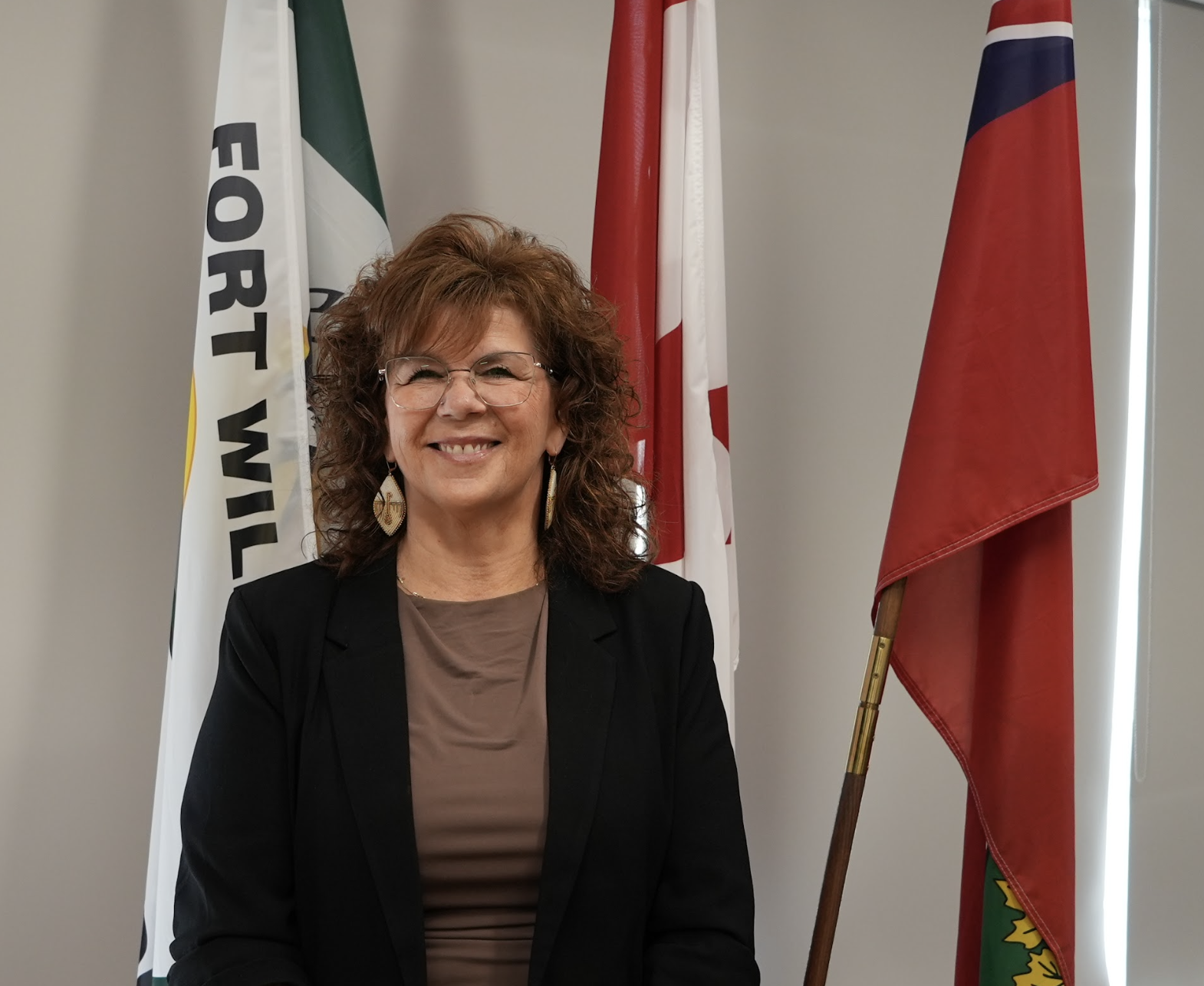
“I had great experiences with all of my Lakehead teachers,” says Chief Solomon. “Professor Dennis McPherson and his Indigenous Canadian World Views course had an enormous impact on me.”
She earned a Social Service Worker diploma from Confederation College and began working with Thunder Bay organizations, including as a team leader and manager with the Dilico Adult Residential Treatment Centre and as a manager with the White Cedar Healthcare Centre.
A Winding Journey
After she received her diploma, Chief Solomon began considering university.
“I was trying to advance to management positions, and not having a degree was held against me,” she says.
She decided to enrol full-time in Lakehead’s social work program.
“If my story can inspire anybody, then it’s worth sharing. It might motivate a young mother who feels overwhelmed by the prospect of getting an education.” Below, Chief Solomon takes part in a smudging ceremony.
“It was a struggle, though, to go to school with four young children,” Chief Solomon says. “So I ended up dropping out before returning to Lakehead part-time in the Bachelor of Arts in Indigenous Studies program. 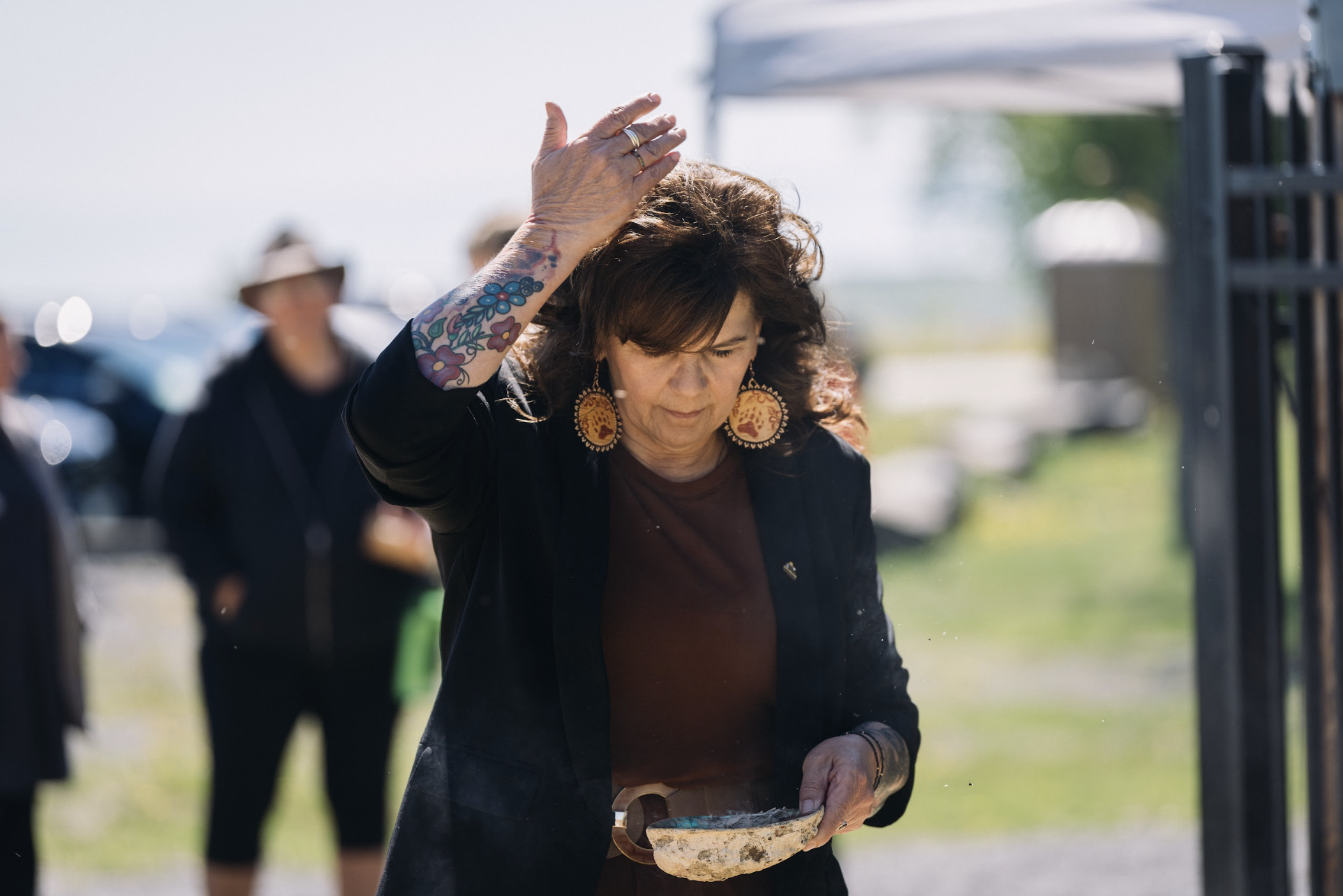
The program really resonated with me as a non-status Indigenous person growing up on a reserve—the challenges of identity and the hardships that came with that. It allowed me to understand these issues more deeply and from a different perspective.”
Chief Solomon received her Bachelor of Arts in 2017, with the support of her family.
“My eldest daughter helped a lot with her younger siblings, and my children’s father backed my efforts to be in school.”
A Caring Political Leader

Above, Chief Solomon hugs a fellow community member at the installation ceremony of Lakehead President Dr. Gillian Siddall in 2024.
As her children grew older, Chief Solomon was able to devote more of her time to helping her community at the systemic level.
In 2015, she successfully ran for the position of Fort William First Nation councillor and served in that role for eight years before being elected Chief.
By 2018—as well as serving as a councillor—she was working for the groundbreaking Ontario Native Women’s Association, managing their Indigenous women’s leadership programs.
 “I’ve had the privilege of representing the Fort William First Nation in the Robinson-Superior annuity court case since 2018, including giving testimony,” Chief Solomon says.
“I’ve had the privilege of representing the Fort William First Nation in the Robinson-Superior annuity court case since 2018, including giving testimony,” Chief Solomon says.
That year, she also deepened her Lakehead connection. She taught the Indigenous Perspectives class at the university’s Bora Laskin Faculty of Law.
“It was wonderful to be part of a dialogue with students,” Chief Solomon says. “I was able to engage with up-and-coming law professionals who opened their hearts and minds to that learning experience.”
Carving Her Own Path
“I’m dedicated to advancing the Fort William First Nation’s wellbeing, prosperity, and economic development, and finding ways to inspire our youth,” Chief Solomon says.
“It’s also important to me to represent the community in a positive way and to act as a bridge between the Indigenous and the non-Indigenous community.”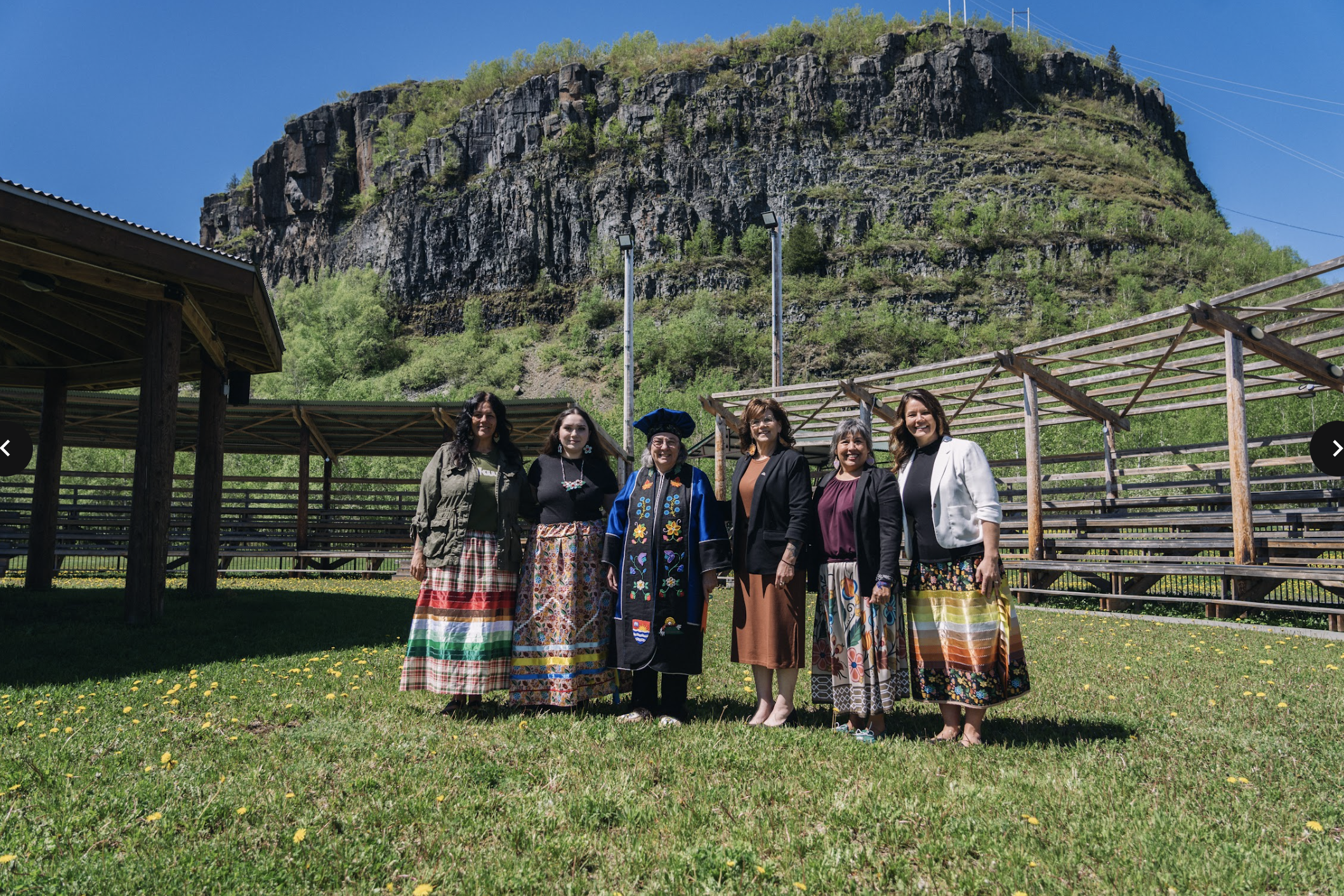
Chief Solomon (fourth from the left) spoke at Dr. Gillian Siddall's May 2024 installation ceremony, during which Dr. Siddall was installed as Lakehead's president & vice-chancellor. The ceremony was held at Anemki Wajiw (Mount McKay) on the lands of the Fort William First Nation.
While Chief Solomon was embracing these new roles, she was quietly continuing her university education to earn an Honours Bachelor of Arts in Indigenous Studies.
“I painfully chipped away at the degree, taking a course here and there,” she says.
In 2025, things came full circle.
She gave opening remarks on behalf of the Fort William First Nation at Lakehead’s May 29 convocation ceremony.
The following day, she attended another Lakehead convocation ceremony. This time, she sat with fellow graduating students before walking across the stage to accept her HBA degree.
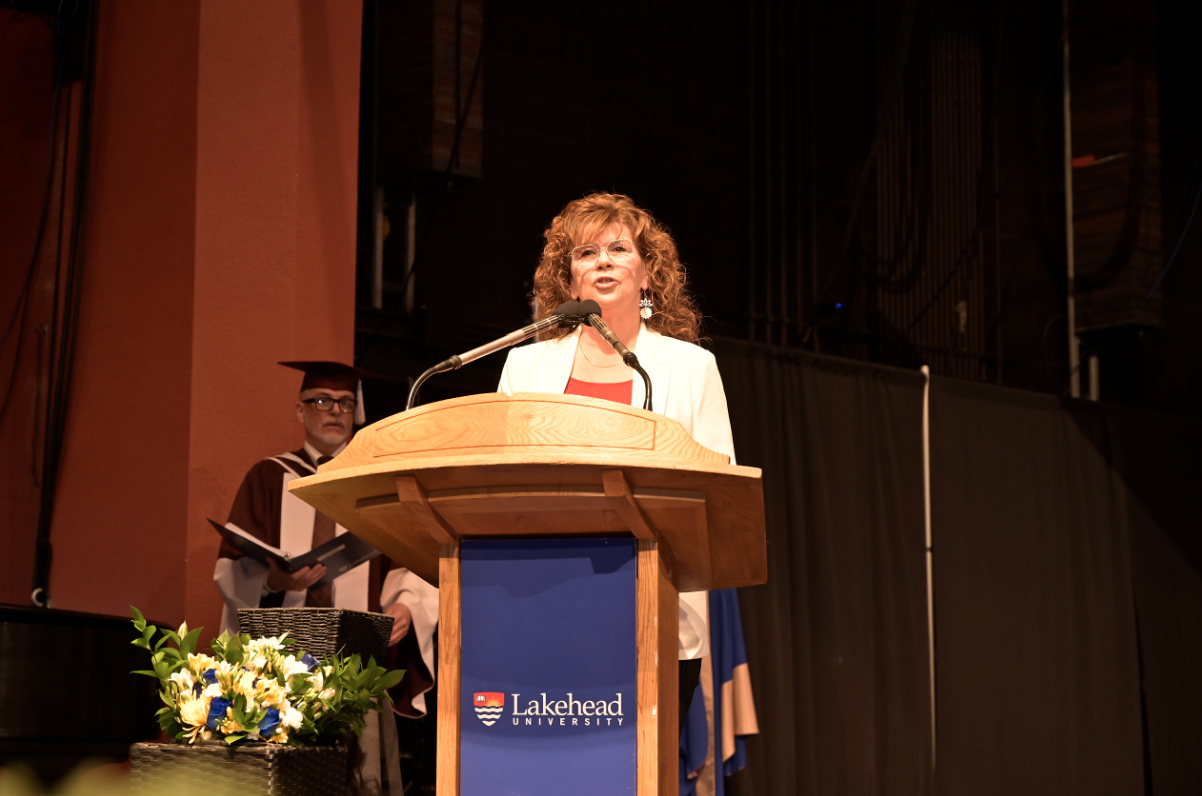
Chief Michele Solomon speaks at Lakehead’s May 29, 2025, convocation ceremony. “When I was in college, my children were very young. When I was in university, my kids were adolescents. Now, I’ve graduated with my HBA, and I’m a grandmother with eight grandchildren.”
Chief Solomon encourages other community members to consider post-secondary education.
“It brings Indigenous voices and understandings to places where they might not otherwise be heard. Education allows us to be stronger. It opens the doors to a good life, and it makes a difference to the lives of your family.”



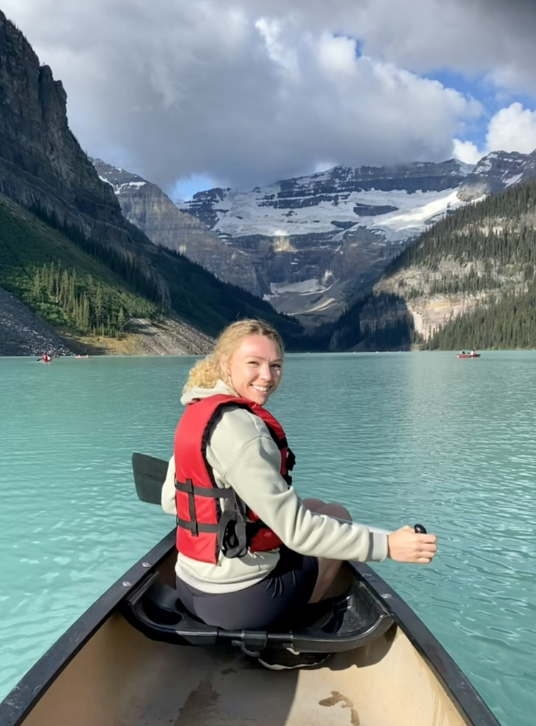
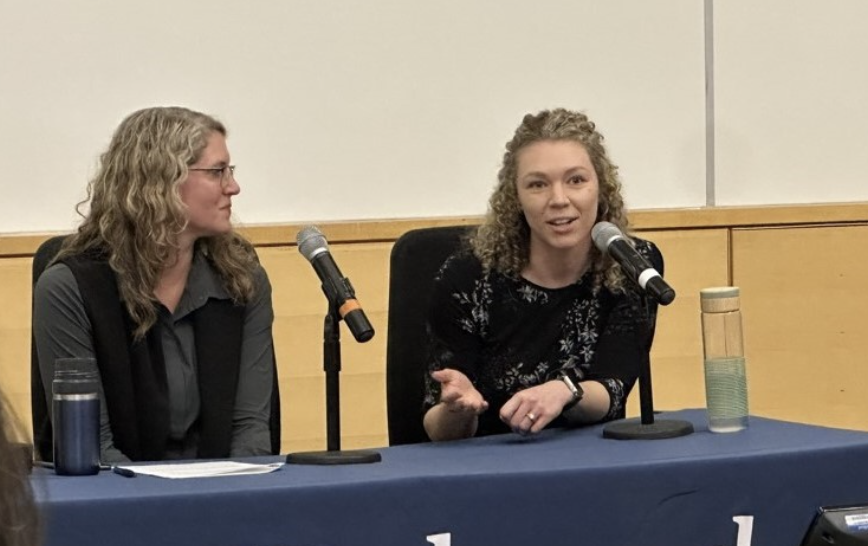
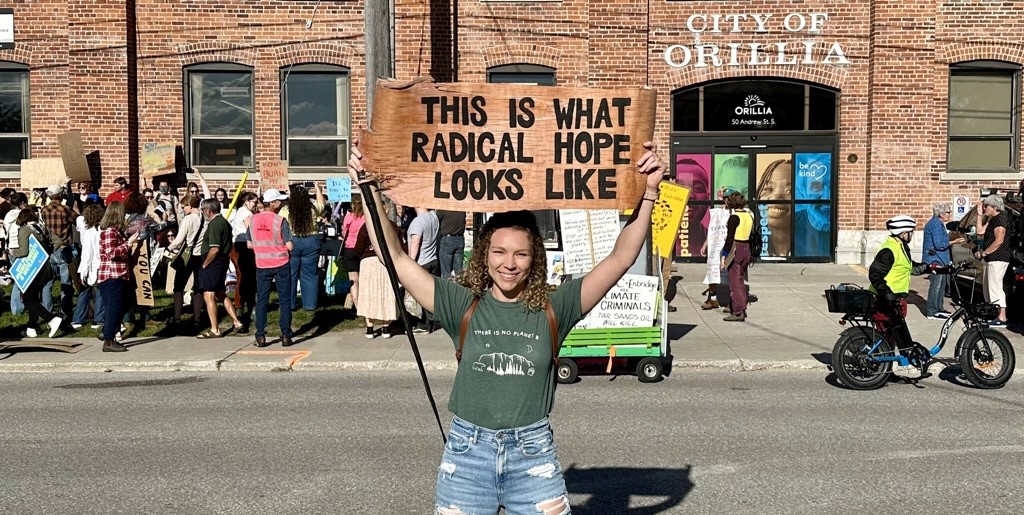

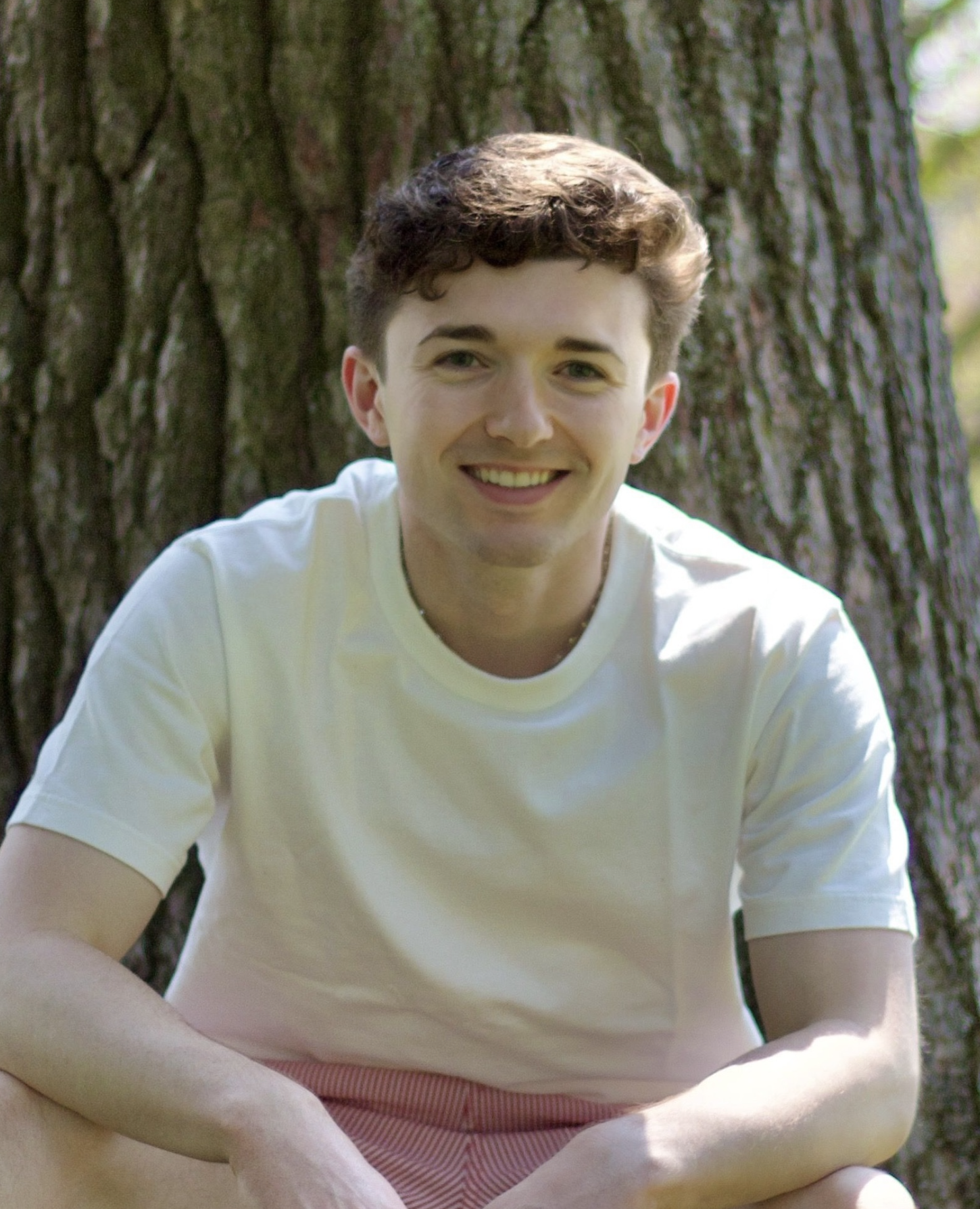

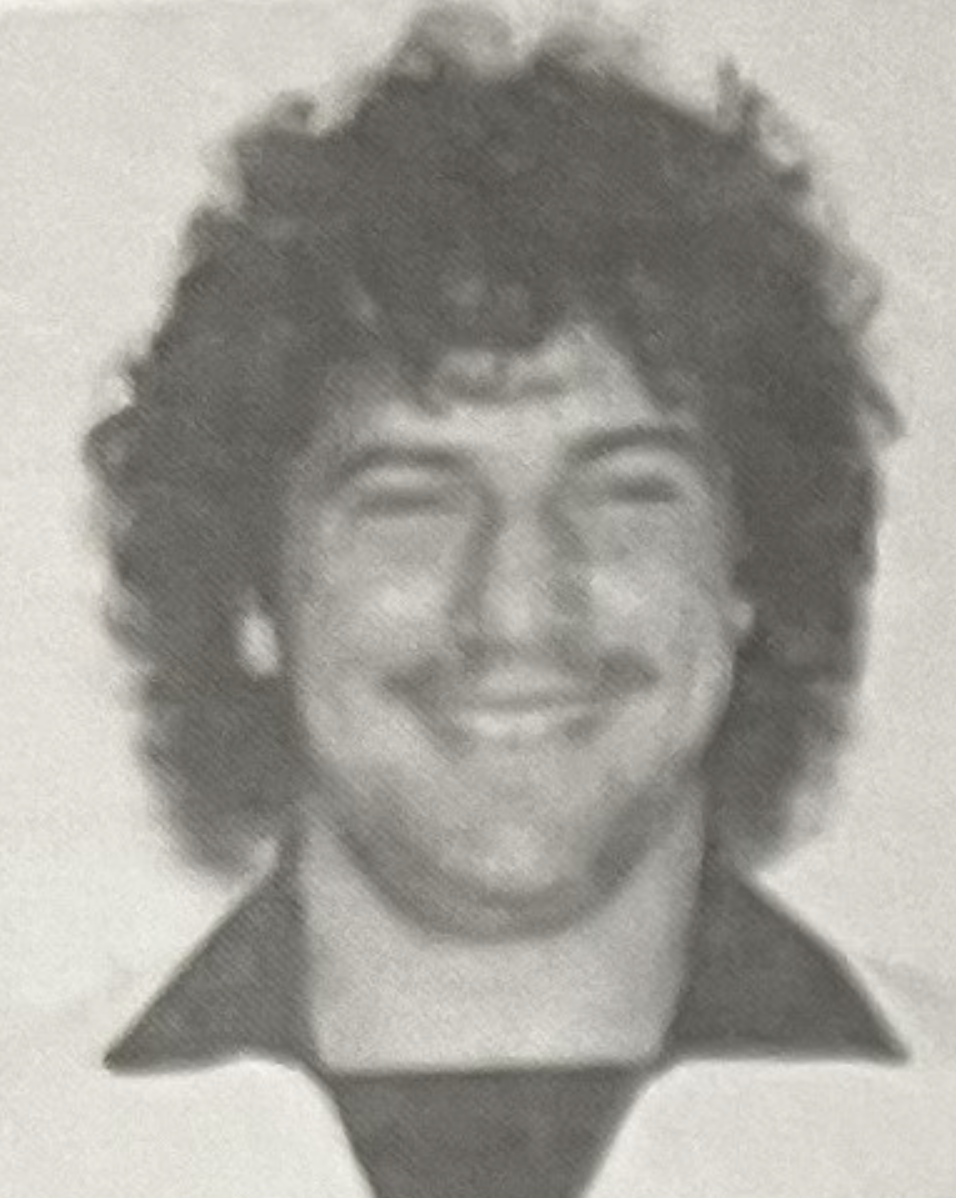
 Pictured left: Soccer Canada President Peter Augruso (centre) at the opening of the Fédération Internationale de Football Association (FIFA) World Cup 26 office in Toronto with FIFA President Gianni Infantino (right) and FIFA Vice-President Victor Montagliani (left), who is also president of the Confederation of North, Central America and Caribbean Association Football (CONCACAF).
Pictured left: Soccer Canada President Peter Augruso (centre) at the opening of the Fédération Internationale de Football Association (FIFA) World Cup 26 office in Toronto with FIFA President Gianni Infantino (right) and FIFA Vice-President Victor Montagliani (left), who is also president of the Confederation of North, Central America and Caribbean Association Football (CONCACAF).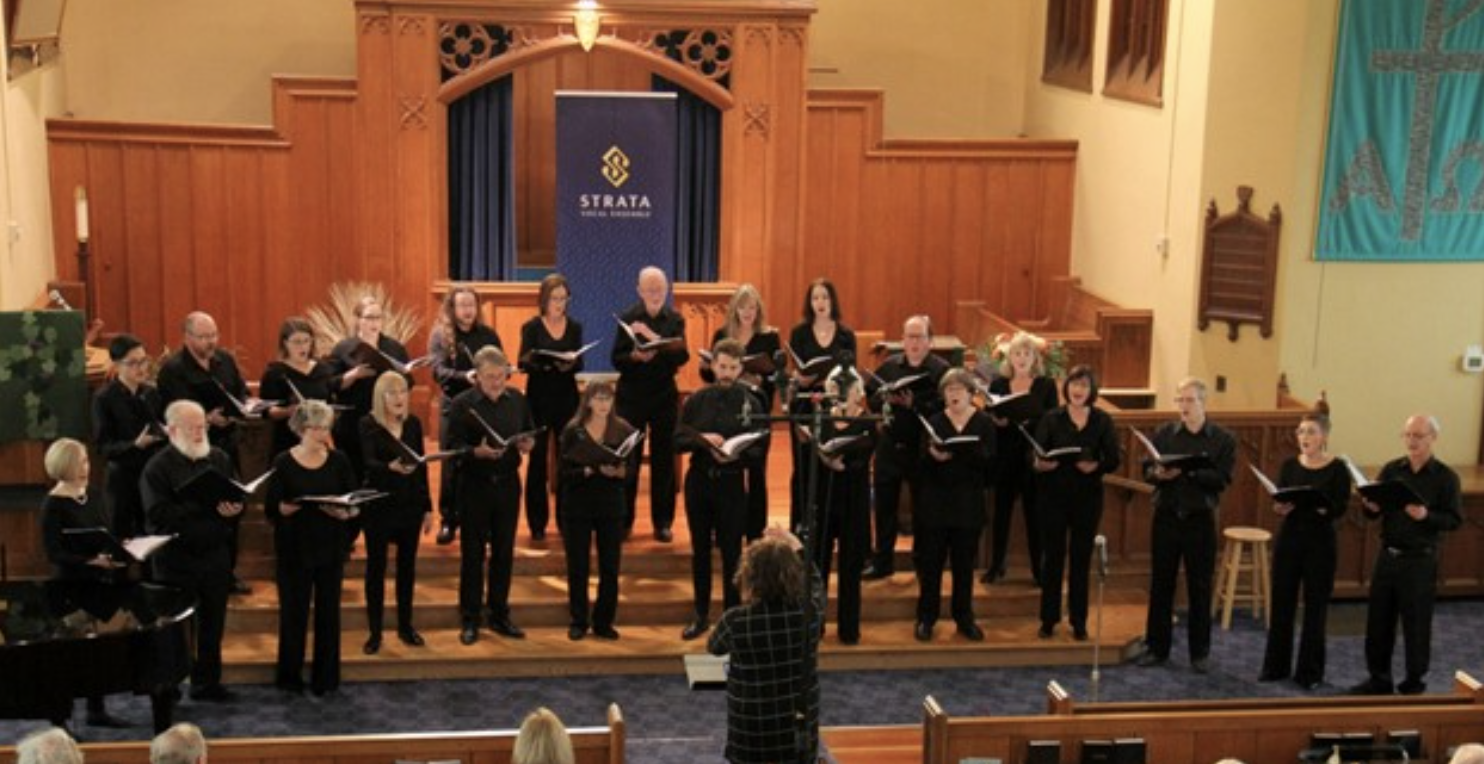
 In 1998, when Laurel graduated from Lakehead, the lure of conducting and the lack of teaching jobs prompted her to pursue a music career outside the school system.
In 1998, when Laurel graduated from Lakehead, the lure of conducting and the lack of teaching jobs prompted her to pursue a music career outside the school system. “Lakehead has not only pushed me to be the best I can be academically, but also the best person I can be,” says Holly Gray, who received an Honours Bachelor of Arts and Science in Anthropology in 2024. Above, Holly and her daughter Alexandria celebrate Holly’s graduation.
“Lakehead has not only pushed me to be the best I can be academically, but also the best person I can be,” says Holly Gray, who received an Honours Bachelor of Arts and Science in Anthropology in 2024. Above, Holly and her daughter Alexandria celebrate Holly’s graduation. Her fears were eased after she spotted two other seniors in the class. One of them, Ginny Majury, became her study buddy. Soon, Holly was taking more courses, with the goal of earning a degree, and she and Ginny were forming study groups and providing tea and cookies for the students who came. Off-campus experiences were equally important to Holly. “I went on a life-altering dig led by Dr. Scott Hamilton and Dr. Frederico Oliveira at the Indigenous community of Slate Falls north of Sioux Lookout, Ontario. We were looking at the site of the original community of Slate Falls before they were forced to move from their island to the mainland.”
Her fears were eased after she spotted two other seniors in the class. One of them, Ginny Majury, became her study buddy. Soon, Holly was taking more courses, with the goal of earning a degree, and she and Ginny were forming study groups and providing tea and cookies for the students who came. Off-campus experiences were equally important to Holly. “I went on a life-altering dig led by Dr. Scott Hamilton and Dr. Frederico Oliveira at the Indigenous community of Slate Falls north of Sioux Lookout, Ontario. We were looking at the site of the original community of Slate Falls before they were forced to move from their island to the mainland.”

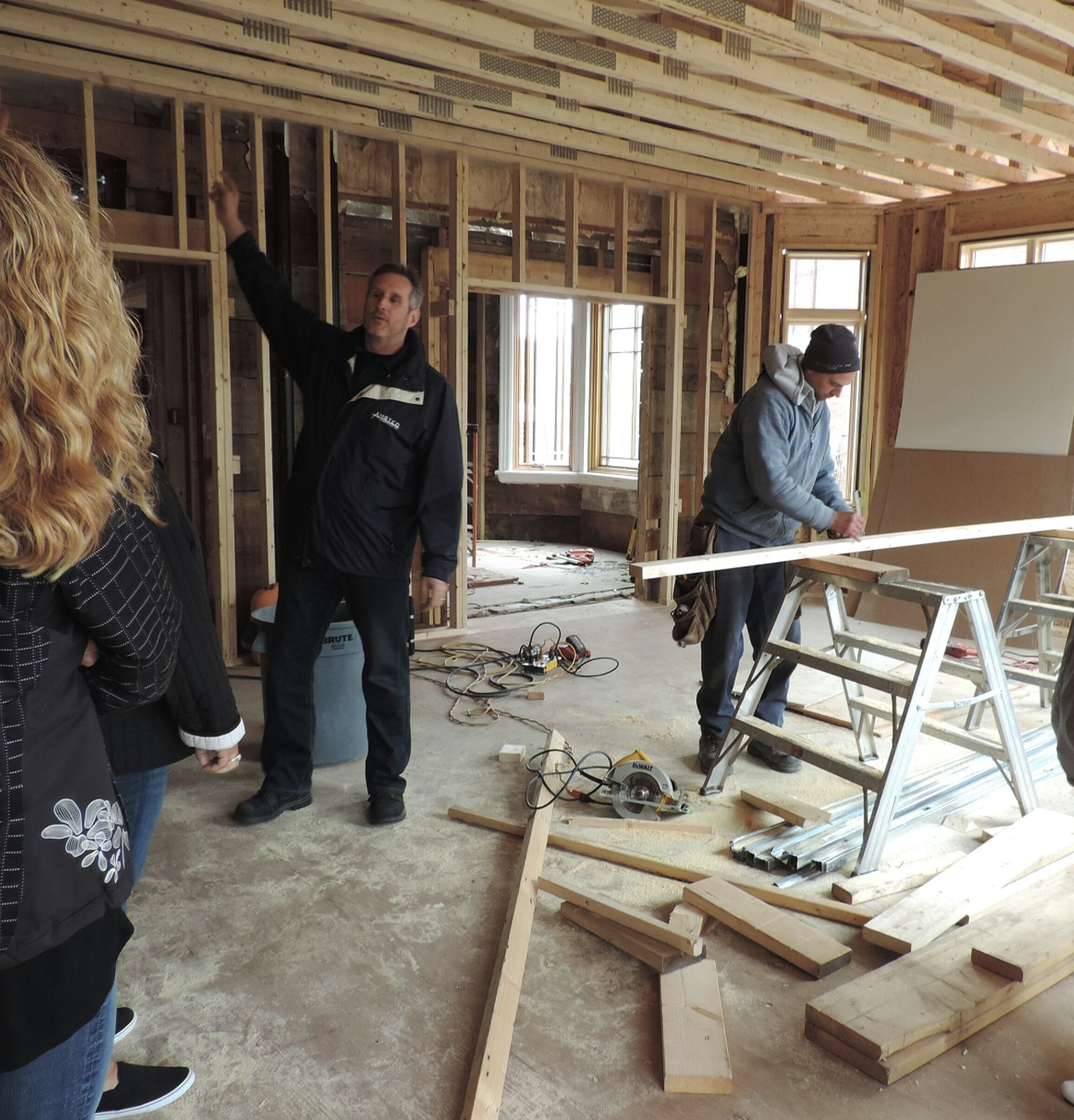
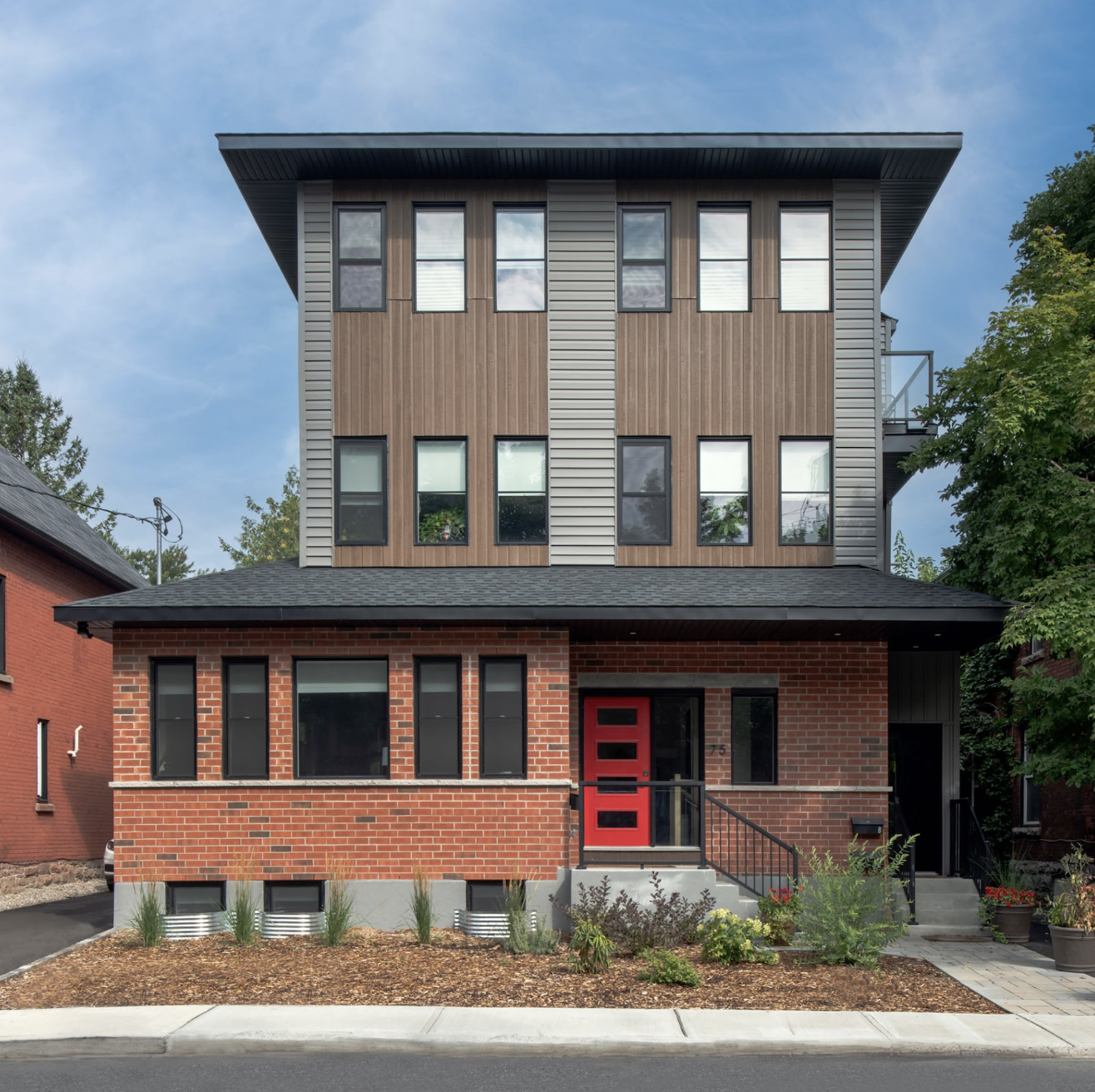
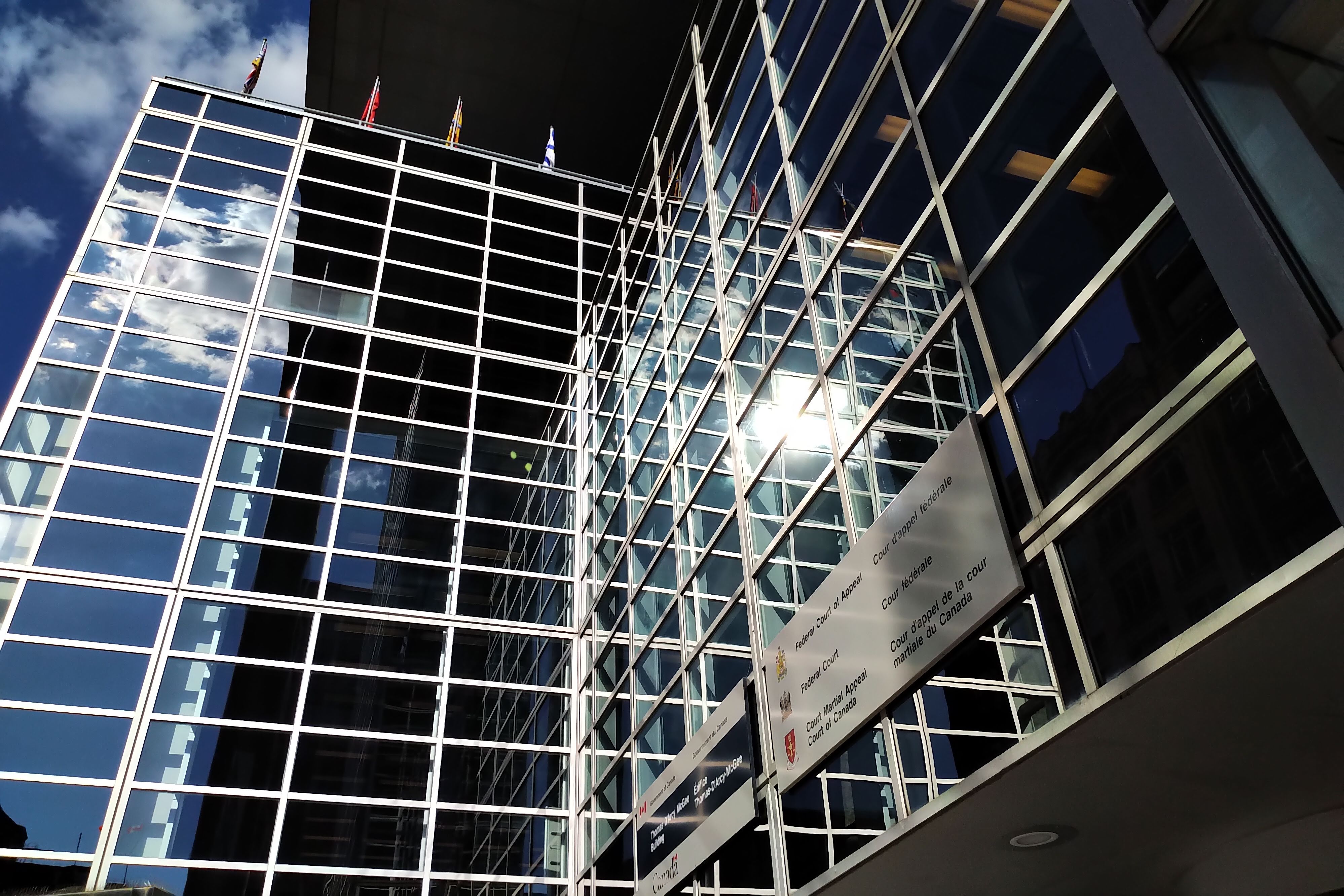
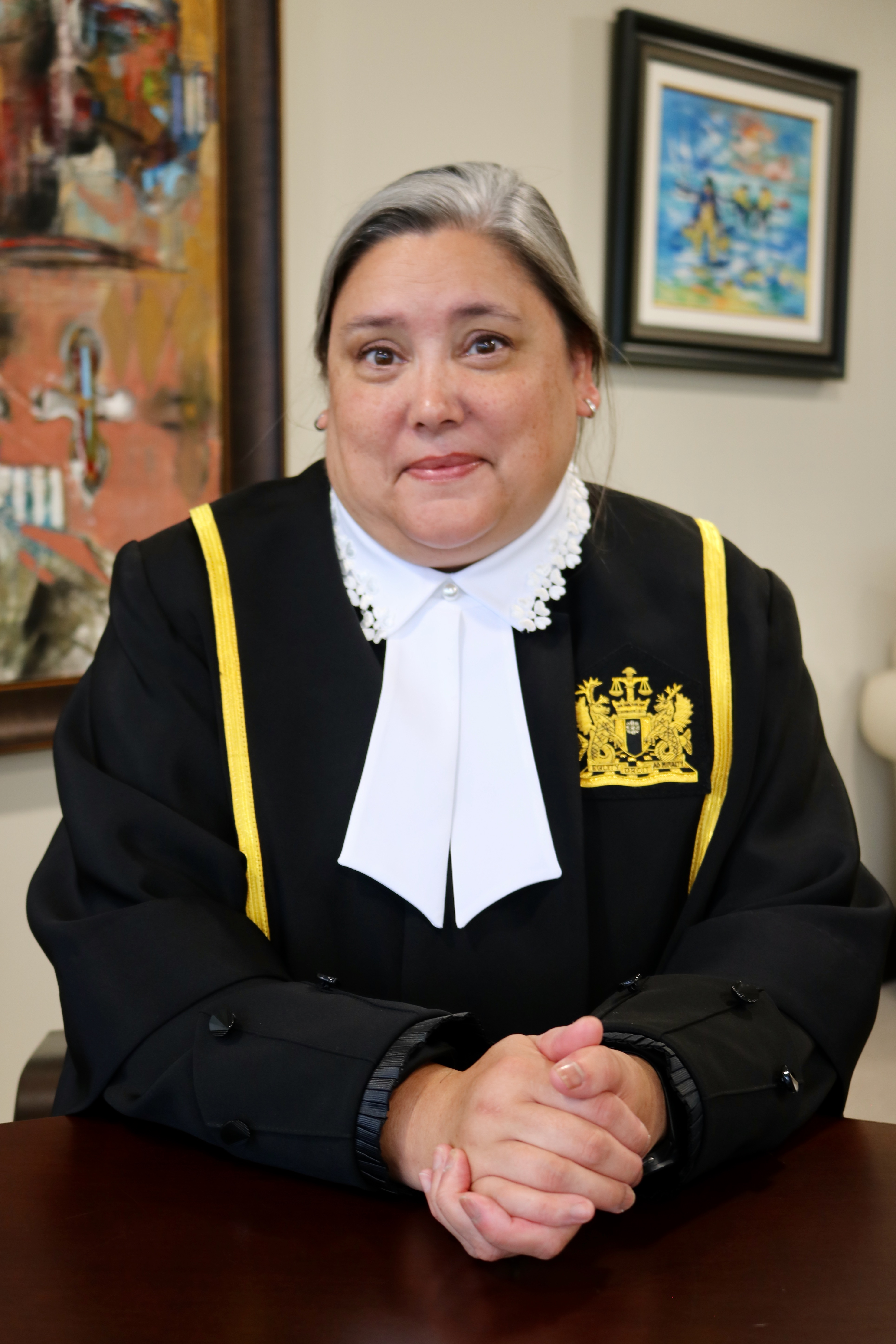 Photo Credit: Balfour
Photo Credit: Balfour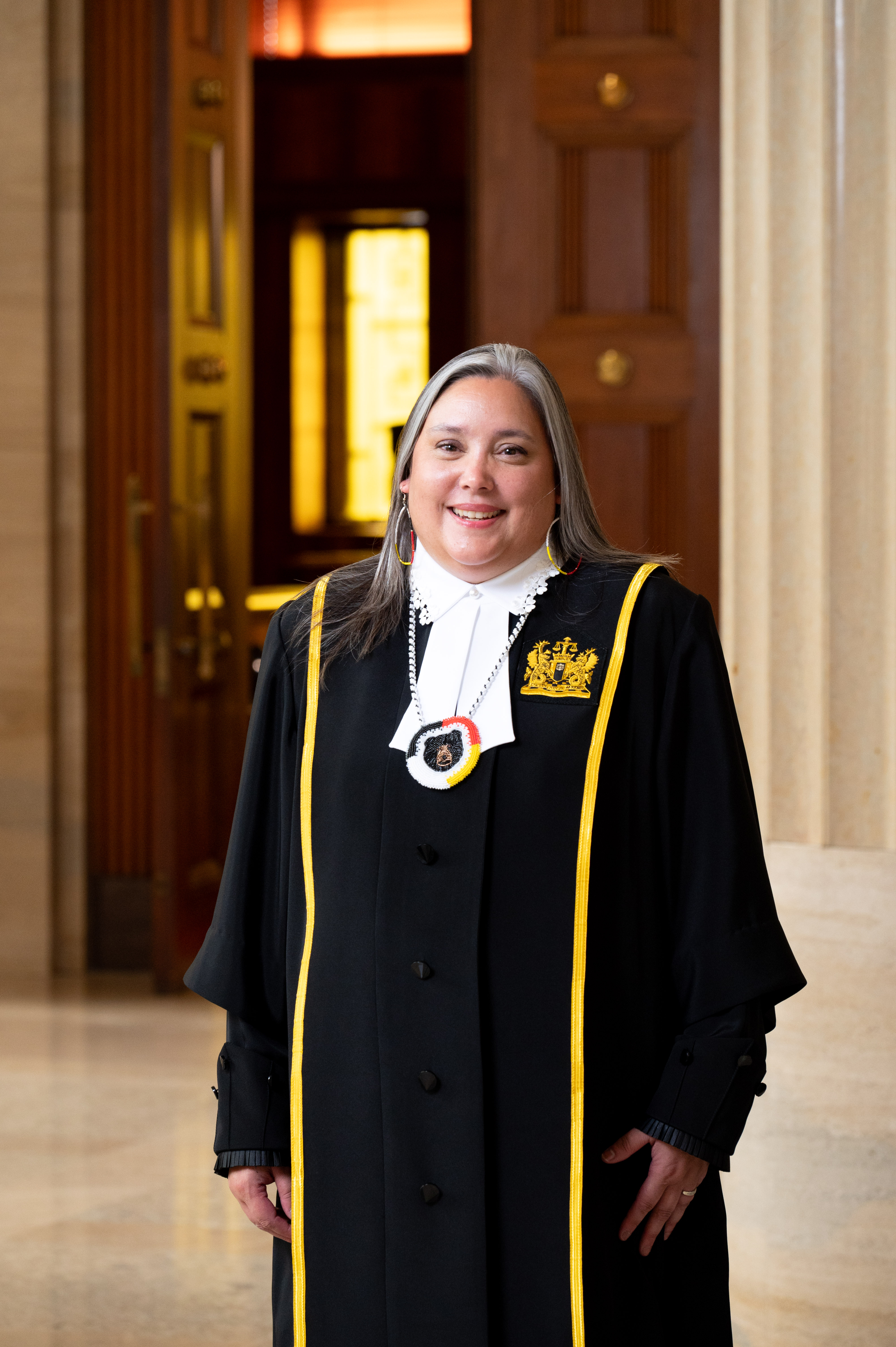

 Jamie pictured right: As one of the Kinz and Klomp hosts, Jamie works 15-16 hours a day and meets a huge variety of people. “I’ve always been passionate about people,” Jamie says, “where they came from, what they believe, what they’re rooted in. That’s what drew me to the study of sociology.”
Jamie pictured right: As one of the Kinz and Klomp hosts, Jamie works 15-16 hours a day and meets a huge variety of people. “I’ve always been passionate about people,” Jamie says, “where they came from, what they believe, what they’re rooted in. That’s what drew me to the study of sociology.” 


